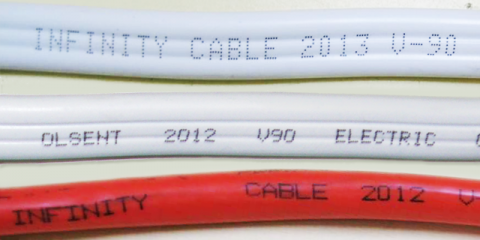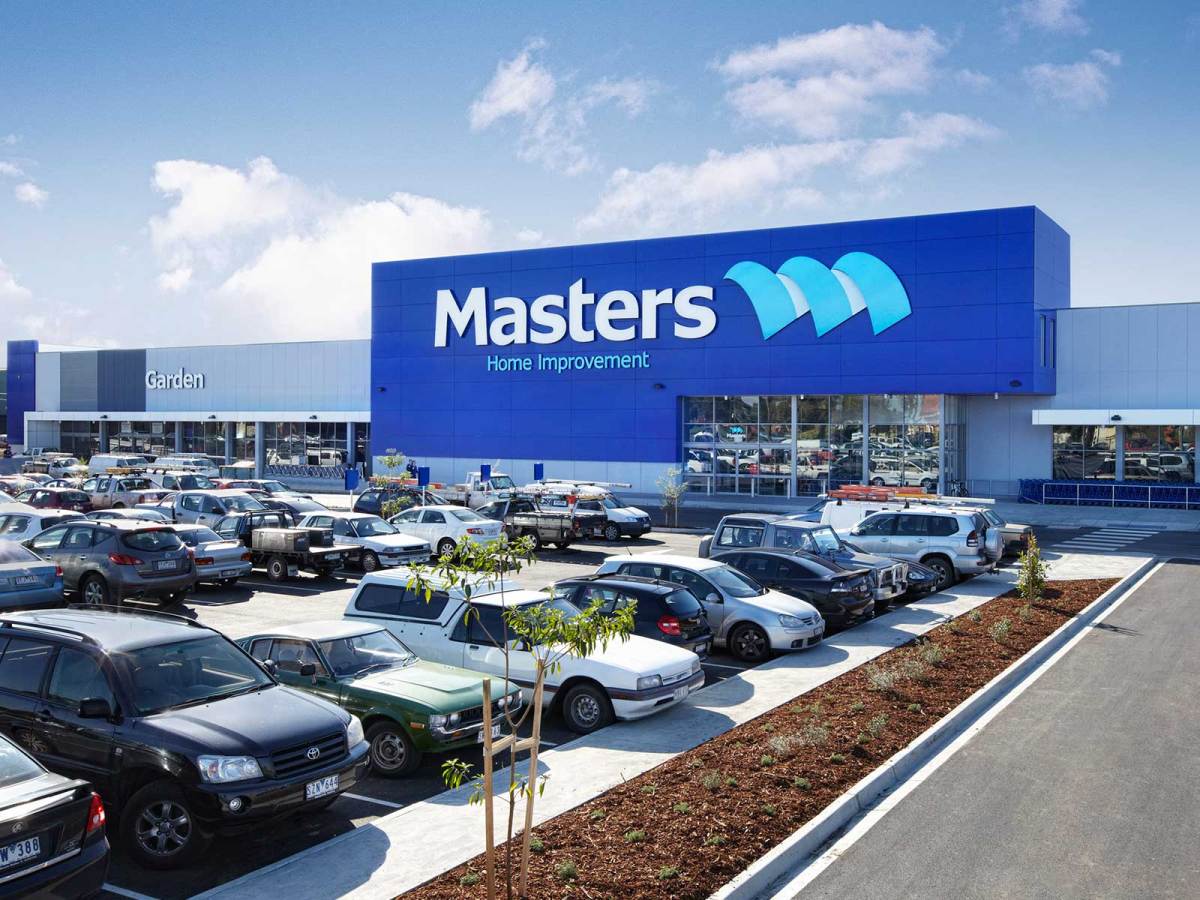Masters Home Improvement sold approximately half of the 4,000 kilometres of recalled Infinity electrical cable, ACCC chairman Rod Sims told a Senate Economics Committee at an estimates hearing last week.
Infinity and Olsent-branded Infinity electricity cables used in electrical wiring work, such as in new homes, air-conditioning units, power points or rewired buildings, were recalled in August 2014, with the ACCC stating 40,000 homes and buildings across Australia were potentially affected.

Olsent is the house brand of Masters Home Improvement and a number of other Olsent-brand powerboards have been the subject of product recalls in recent weeks. “Masters supplied approximately half of the affected Infinity-sourced cable,” Sims said.
The Infinity electrical cabling, sold in Australia from 2010, does not comply with ageing requirements of Australia’s electrical safety standards. The insulation could become prematurely brittle with age and if disturbed it may cause electric shock or in some cases fire.
According to the ACCC, the current expert advice indicates that safety issues with the cable may begin to arise from 2016 onwards and that there is no immediate danger.
Updating the Senate Economics Committee on the recall of Infinity cables, Sims said the massive recall of Infinity and Olsent branded electrical cabling was progressing well.
“We can report that the recalls with the 19 major suppliers of Infinity cable are progressing, and suppliers have been replacing cable with compliant cable and have refunded customers for unused cable. The ACCC is currently receiving formal recall progress reports from these suppliers and early indications are positive.”
Sims said that the cable importer, Infinity Cable Co Pty Ltd has gone into liquidation.
“This means electricians who were liable under the ACL consumer guarantees had lost the benefit of the statutory indemnification they receive from the importer under the ACL,” Sims said.
“Separately, the ACL defective goods regime provides for wholesale suppliers of the cable to volunteer, or be called upon, to address the safety risks by recalling the defective unsafe cable they have supplied.
“The ACCC established that many electricians wanted to act but could not bear the cost alone.”
The ACCC and the a special taskforce designed to handle the recall agreed that wholesale cable suppliers recalling the unsafe cable would assist electricians, builders and consumers and arrange for an inspection of wiring and remediation of any installed Infinity cable that they supplied.
Once again, Sims repeated the warning against importing products that don’t meet Australian safety standards.
“Sourcing finished goods from countries with lower production costs may provide cost benefits, but there can also be potentially enormous hidden costs. Where the quality of products is variable or deteriorates, the products can become unsafe for consumers and expose suppliers to the costs of recalls and possible legal action.
“Suppliers (including retailers and wholesalers) need to manage the quality assurance and control of goods they procure. This can be achieved through testing and inspection of finished goods, by monitoring the supply chain, and by adopting safe and reliable procurement practices such as dealing with established suppliers they know and trust or developing such relationships with new suppliers.”
A second tranche of recalls were also announced last week for Infinity cabling sold at:
- ABC Arian Electrical Suppliers
- George Brown Electrical
- Phoenix Wholesalers
- Titan Trading
- Voltair Electrical & Air Conditioning
- Wholesale Electrical Supplies
“The safety issues concerning Infinity and Olsent-branded Infinity cables are very serious and the ACCC has dedicated, and will continue to dedicate, significant resources to ensuring that all possible steps are taken to address this problem,” Sims said.

